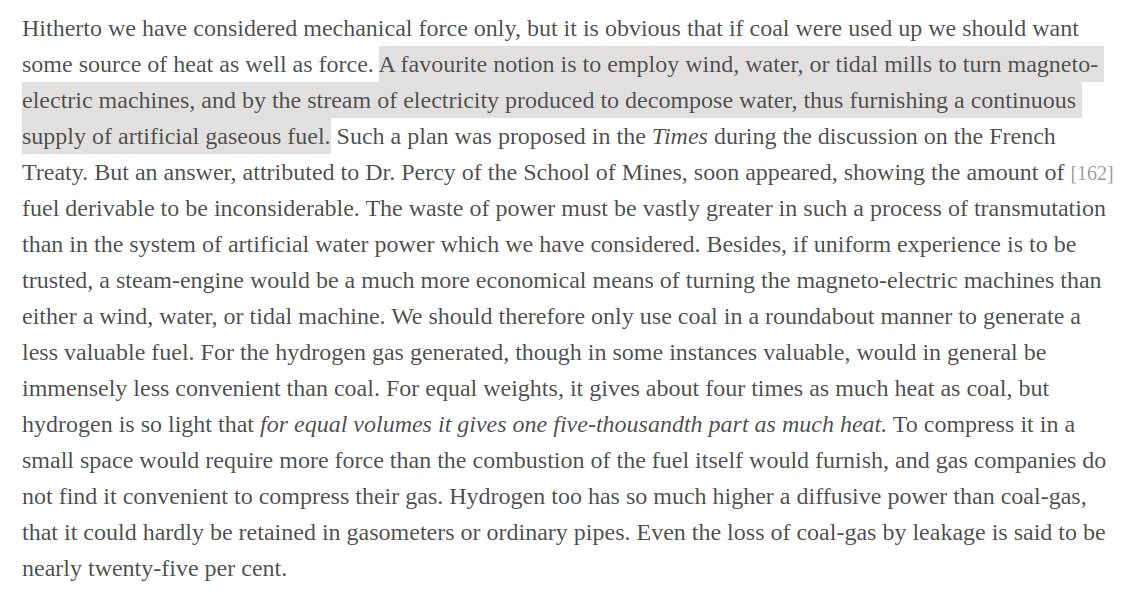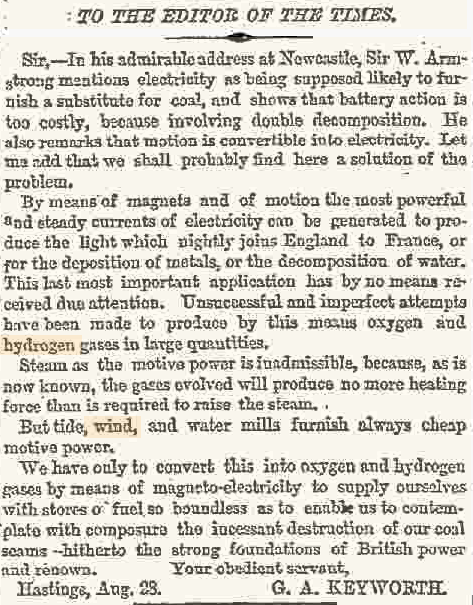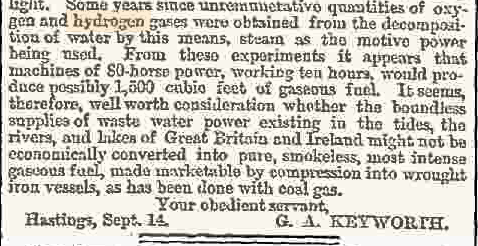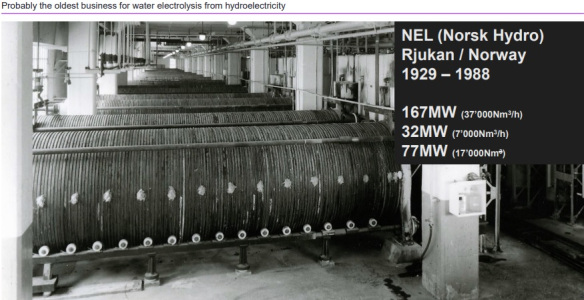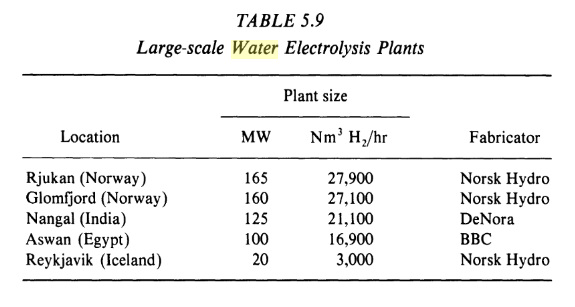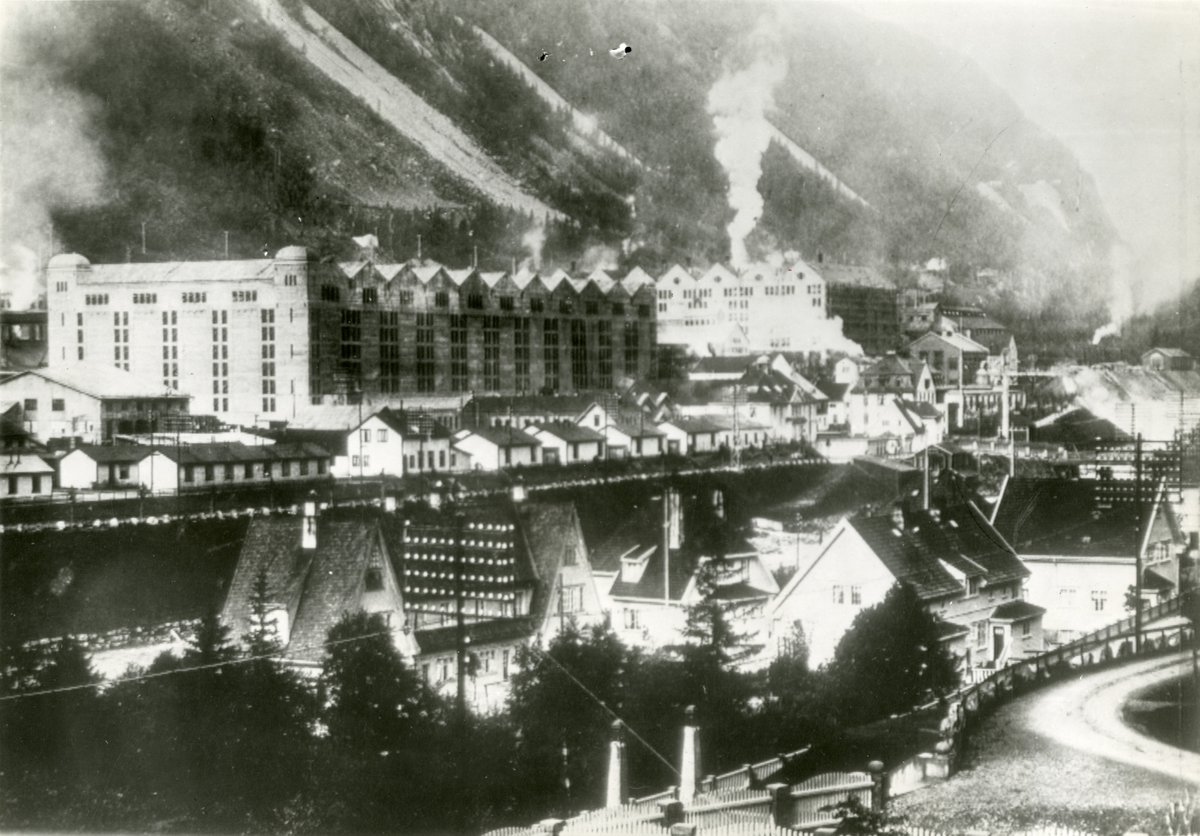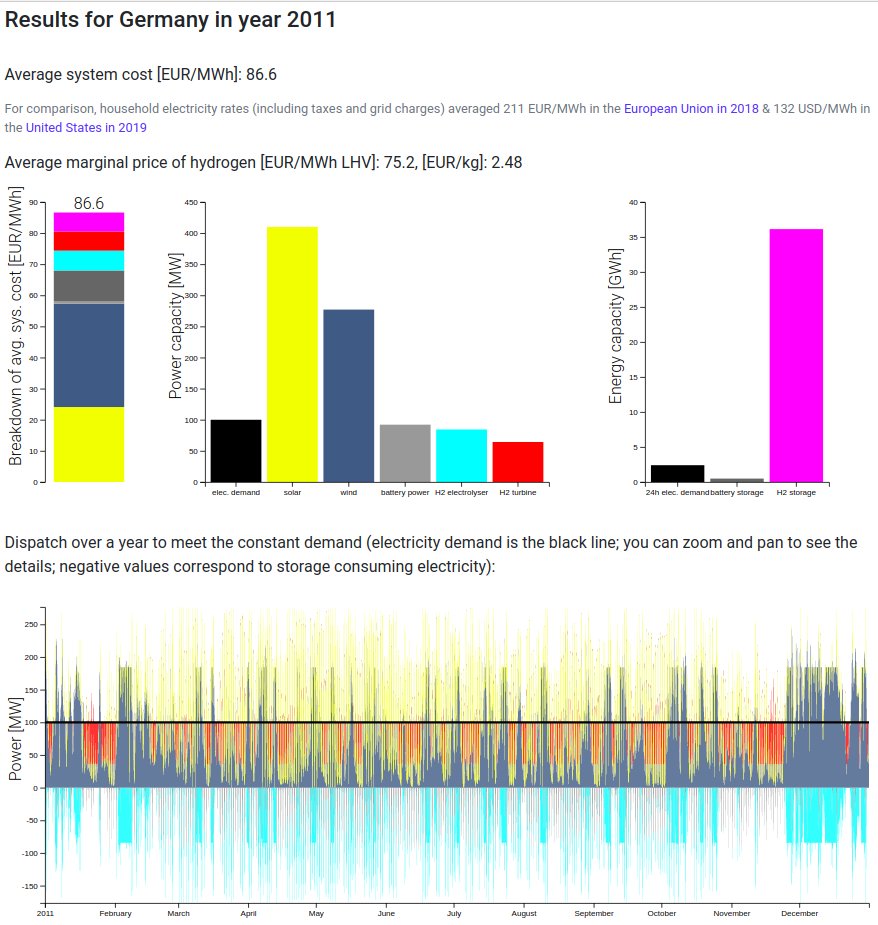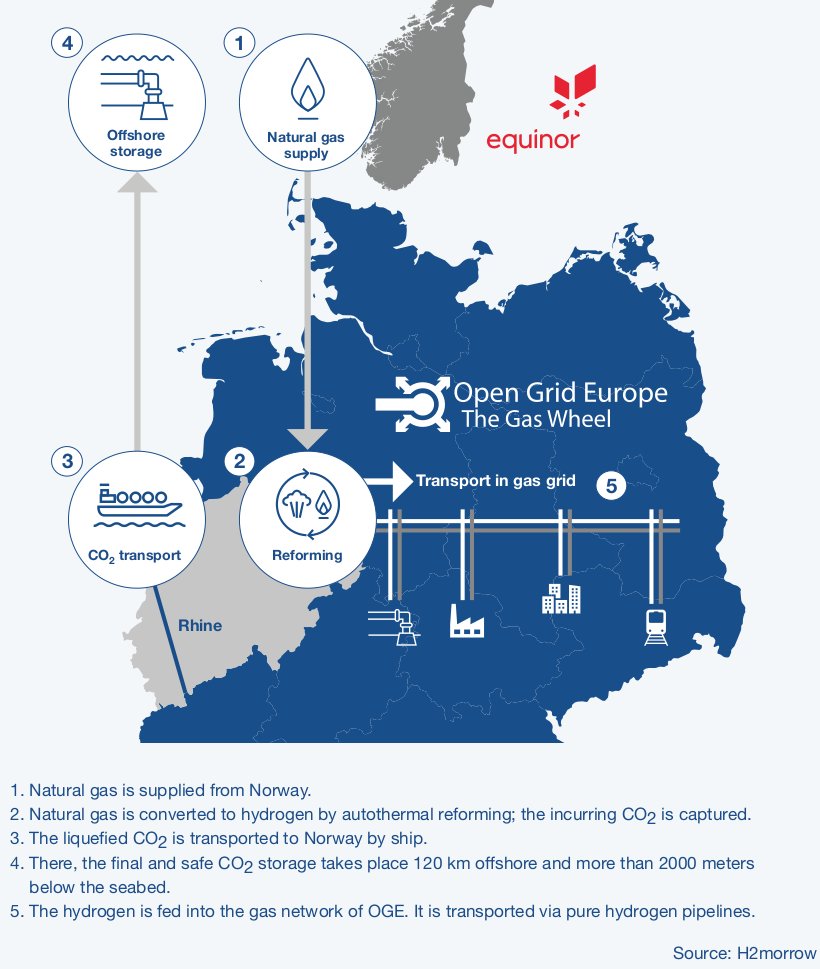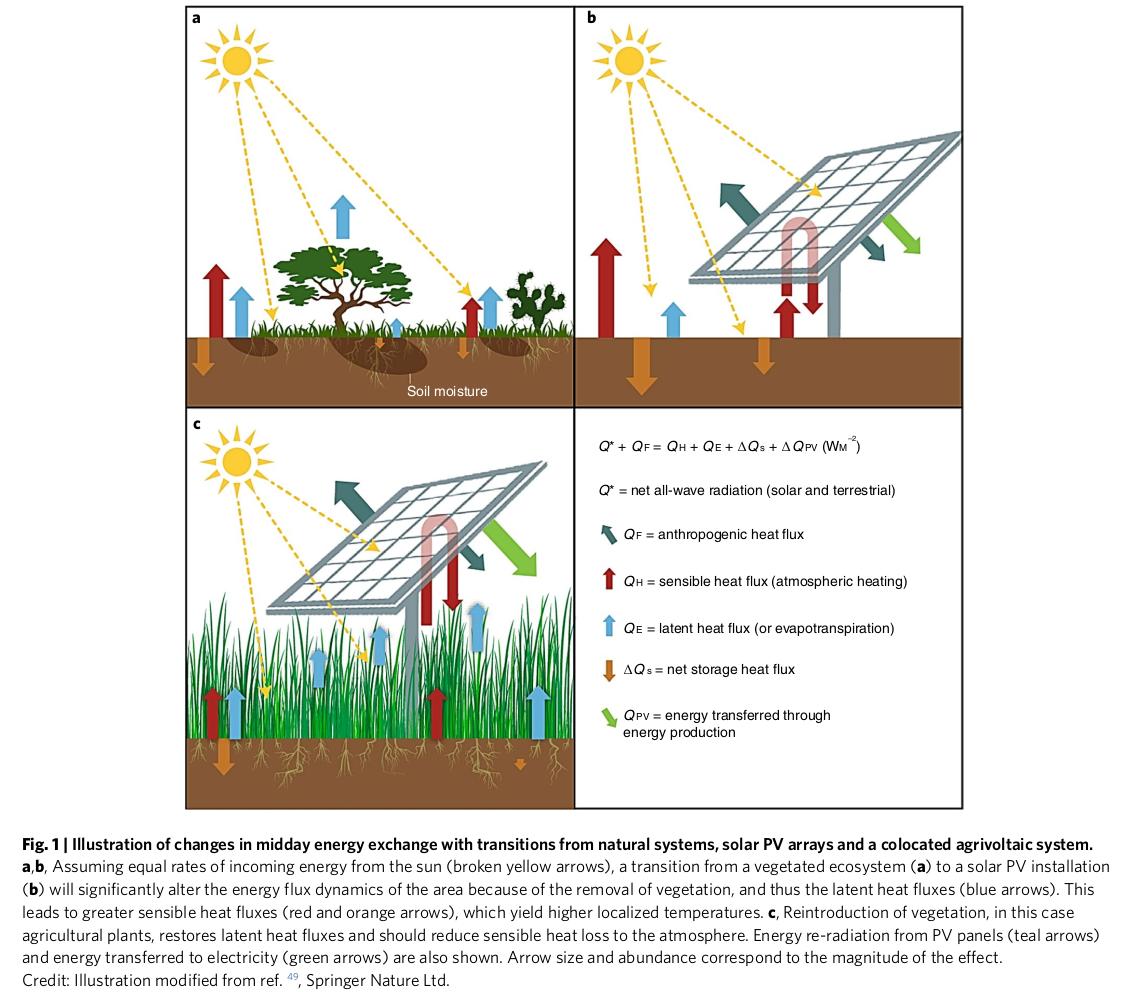
C. Darwin: an "admirable speech"
In 1863, William Armstrong advocates:
- end of coal
- efficiency
- electrification
- renewables (he developed first hydro power)
- open data
- technological learning ("tendency of progress is to quicken progress")
vimeo.com/75975295
In 1863, William Armstrong advocates:
- end of coal
- efficiency
- electrification
- renewables (he developed first hydro power)
- open data
- technological learning ("tendency of progress is to quicken progress")
vimeo.com/75975295
You can read more about him here:
en.wikipedia.org/wiki/William_A…
williamarmstrong.info
And in @henrietta999's biography "Magician of the North".
Don't know if there is a transcript of the speech floating around anywhere (if not, we should transcribe one!).
en.wikipedia.org/wiki/William_A…
williamarmstrong.info
And in @henrietta999's biography "Magician of the North".
Don't know if there is a transcript of the speech floating around anywhere (if not, we should transcribe one!).
https://twitter.com/northumbriana/status/981194020750811137
His speech inspired the first suggestion I know of for green hydrogen (renewables + electrolysis of water to make hydrogen):
https://twitter.com/nworbmot/status/1317449765500669954
As well as providing impetus for Jevons' marvellous "The Coal Question":
oll.libertyfund.org/titles/jevons-…
oll.libertyfund.org/titles/jevons-…
There's a fun profile of him and his mansion at Cragside (where he built the first hydroelectric plant to power the lights) in this architectural documentary:
Found it! Here's a scan of the speech from the 33rd Report of the British Association for the Advancement of Science:
biodiversitylibrary.org/item/93073#pag…
biodiversitylibrary.org/item/93073#pag…
• • •
Missing some Tweet in this thread? You can try to
force a refresh

